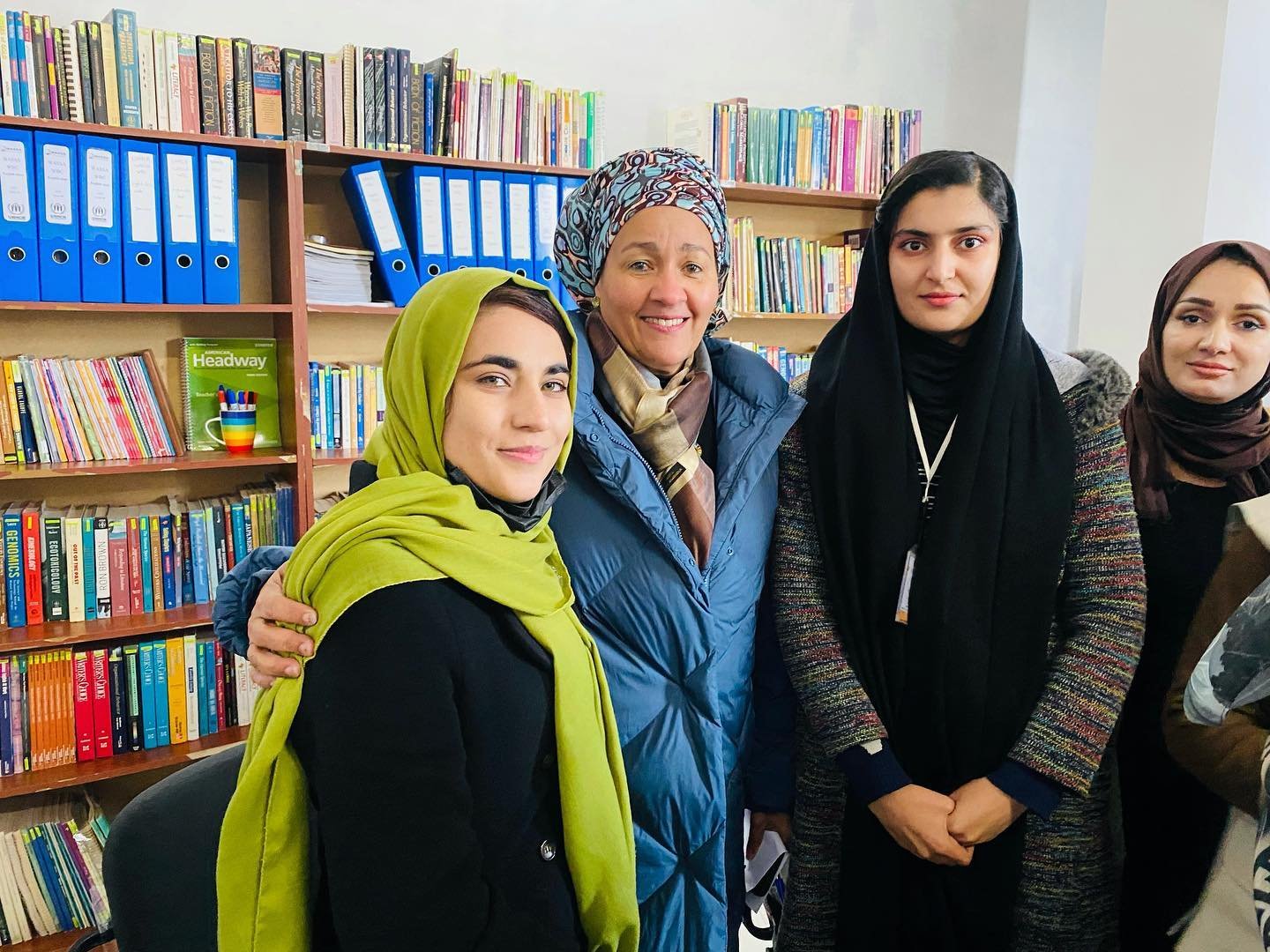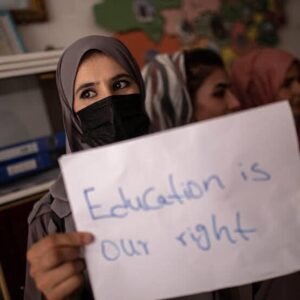
Written by: A.M
Introduction:The Taliban has recently announced a ban on female students from taking university entrance exams in Afghanistan for the 2023 school year. This ban, which came in the form of a letter sent to private universities and higher education institutions, has been met with condemnation and lobbying by the international community for its reversal. This article seeks to examine the implications of this ban and the efforts made by the international community to reverse the restrictions placed on women’s freedoms.Ban and its Implications: The ban, which was imposed last month, bars women from both private and public universities. The higher education minister in the Taliban-run government, Nida Mohammed Nadim, has justified the ban by citing the need to prevent the mixing of genders in universities and to protect against subjects that are believed to violate Islamic principles. The universities were supposed to reopen for women once these issues were resolved, however, this ban now seems to indicate that there may be no such reopening in the near future.
International Community’s Efforts: Despite the Taliban’s stance, the international community has made several efforts to reverse the ban. This includes two consecutive visits this month by several senior U.N. officials, who sought to undo the restrictions on women’s freedoms. Additionally, this week, U.N. humanitarian chief Martin Griffiths and leaders of two major international aid organizations visited Afghanistan, following a visit last week by a delegation led by the U.N.’s highest-ranking woman, U.N. Deputy Secretary-General Amina Mohammed. All of these visits aimed to reverse the Taliban’s crackdown on women and girls, including the ban on Afghan women working for national and global humanitarian organizations.
Conclusion: The ban on female students from taking university entrance exams in Afghanistan has far-reaching implications for women’s rights and education in the country. The Taliban’s justification for the ban is based on principles that are not aligned with modern values, and the international community’s efforts to reverse the ban demonstrate their commitment to promoting equality and access to education. The future of women’s education in Afghanistan remains uncertain, however, with the ban still in place, and it will require sustained advocacy and pressure from the international community to ensure that women are not denied the opportunity to pursue higher education.



